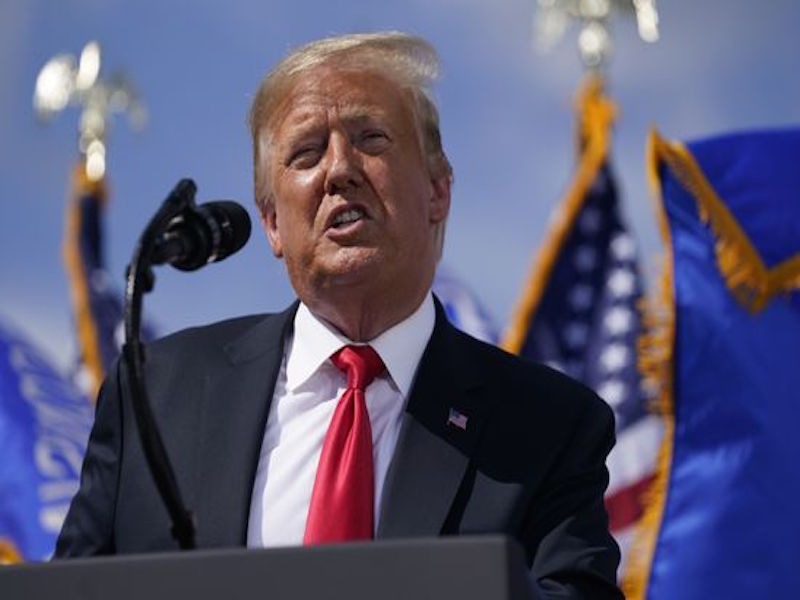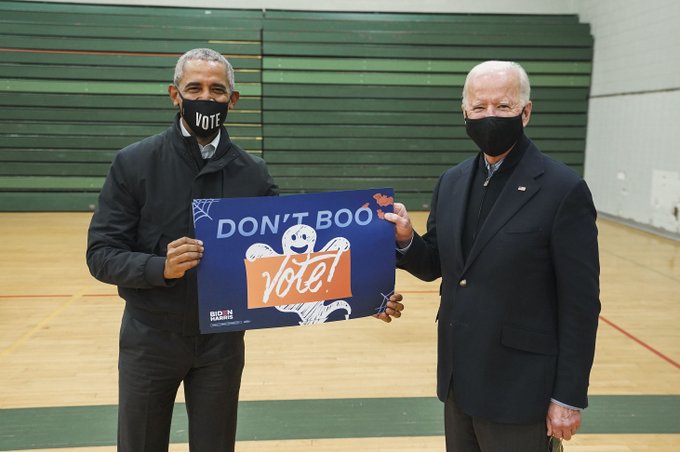
Luxury designer Thom Browne won a suit in a trademark infringement lawsuit filed by Adidas. A New York jury rejected Adidas’s claim that Brown’s three-striped designs were too similar to the company’s.
Trademark infringement is the unauthorized use of a trademark or service mark. This use can be in connection with goods or services and may lead to confusion, deception, or a misunderstanding about the company a product or service came from. Trademark owners can take legal action if they believe their marks are being infringed. If an infringement of a trademark is proven, a court order can prevent a defendant from using the spot, and the owner may be awarded monetary relief.
In the lawsuit, Browne’s defended his design by arguing that the two companies are not direct competitors and do not serve the same consumer market. According to the Associated Press, the dispute goes back 15 years. After Browne agreed to shift to a four-stripe design, Adidas did not argue. However, as Browne became more prominent after the 2018 sale, he began expanding further into activewear, and the sportswear giant took notice.’
Advertisement
Adidas claimed that Browne tried to imitate their logo “in a manner that is likely to cause consumer confusion and deceive the public.” Browne had already agreed to add a fourth stripe to end any confusion potentially. However, the court ruled that the stripes were a common design.
The lawsuit went to trial last week, with Adidas seeking $867,225 in damages and another $7 million that it claimed was equivalent to Thom Browne’s profit. The two-week trial concluded when the eight-person jury returned its verdict in less than two hours. In his closing argument, Thom Browne’s attorney argued that consumers don’t confuse the two brands: Adidas is a sportswear company, while Thom Browne is a fashion house.
Adidas said it plans to appeal the ruling. “We are disappointed with the verdict and will continue to vigilantly enforce our intellectual property, including filing any appropriate appeals,” a spokesman said.







